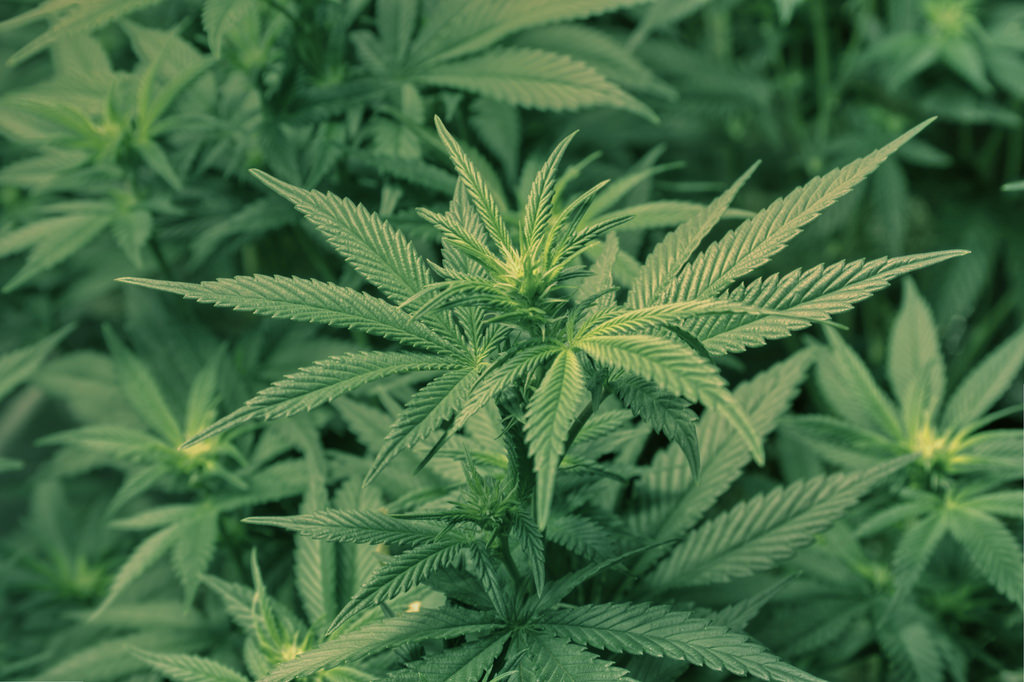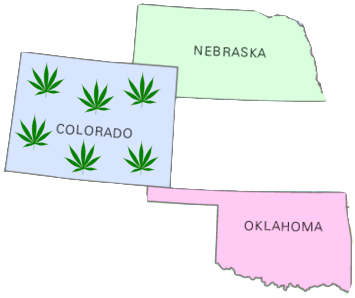The Supreme Court Made a Bold Statement on Marijuana

By:
Legalization advocates rejoiced on Monday after the U.S. Supreme Court dismissed a case that could have challenged Colorado's marijuana laws and threatened state-level legalization measures overall in the country.
 Flickr/Mark - flickr.com
Flickr/Mark - flickr.com
In an effort to elicit a federal response to this interstate dispute — Nebraska and Oklahoma vs. Colorado — Nebraska and Oklahoma filed a complaint directly to the Supreme Court, which is granted "original jurisdiction" in matters of state conflict under the Constitution. But the highest court in the land decided against taking the case in a move that is being celebrated by marijuana advocates and enthusiasts.
Here's what Nebraska and Oklahoma argued.
"The State of Colorado authorizes, oversees, protects and profits from a sprawling $100-million-per-month marijuana growing, processing, and retailing organization that exported thousands of pounds of marijuana to some 36 states in 2014," the plaintiffs Nebraska and Oklahoma, which both prohibit marijuana, told the court. "If this entity were based south of our border, the federal government would prosecute it as a drug cartel."
 Wikimedia - wikimedia.org
Wikimedia - wikimedia.org
In declining to hear the case, the Supreme Court has left this matter to the states. Advocates are celebrating the decision as a victory for the legalization movement.
"At the end of the day, if officials in Nebraska and Oklahoma are upset about how much time and resources their police are spending on marijuana cases, as they said in their briefs, they should join Colorado in replacing prohibition with legalization," Marijuana Majority chairman Tom Angell said in a statement emailed to ATTN:. "That will allow their criminal justice systems to focus on real crime, and it will generate revenue that can be used to pay for healthcare, education and public safety programs."
How the federal government has handled marijuana legalization.
While marijuana is still prohibited under federal law, the Obama administration has approached state-level legalization efforts with passive support, and the Justice Department even urged the court to not hear the case, USA Today reports. Twenty-three states and the District of Columbia have legalized marijuana for medical and/or recreational purposes.
Now, if the Supreme Court had decided to hear the case, it could've played out in two ways. The justices could've ruled in favor of the plaintiff states and effectively unraveled the marijuana legalization movement, or they could've supported Colorado and, in turn, set a precedent that bolstered the legal status of states that choose to legalize.
"This was a meritless lawsuit, and the court made the right decision," Mason Tvert, a spokesperson for the Marijuana Policy Project, said in an emailed statement to ATTN:. "States have every right to regulate the cultivation and sale of marijuana, just as Nebraska and Oklahoma have the right to maintain their failed prohibition policies."
